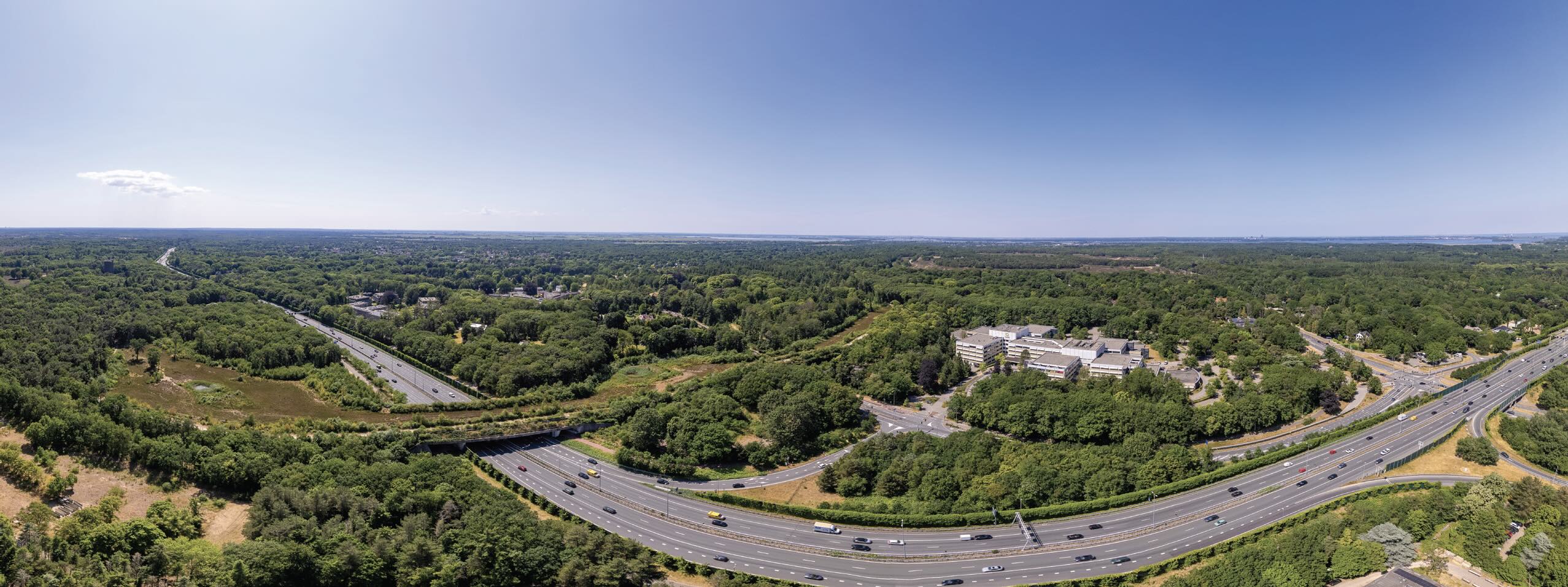To sustainability and beyond
By Dr. Hong Liang, STLE President | TLT President's Report May 2024
Embracing innovation, collaboration, knowledge sharing and visionary thinking about sustainability are key to building a more sustainable and resilient future.

While celebrating STLE’s 80 years of success this year, we ask ourselves what we can do to continue another 80 years of success as a science and technology society. Being a leader, STLE is obligated to stimulate and support innovation in the field of lubrication and tribology and to maintain its membership for generations to come. In this month’s column, we’ll discuss sustainability in tribology.
Tribology plays a crucial role in applications where friction, wear and lubrication are significant concerns. To be sustainable, we find solutions to minimize environmental impact associated with friction and wear processes while maximizing efficiency and durability. Doing so, we have already taken these approaches: reducing friction and wear, lubricating optimization, improving energy efficiency by reducing frictional loss, reducing wear and waste, conducting lifecycle assessments, creating advanced materials and coatings, offering education and awareness courses—among others. As tribologists, one of our primary goals of sustainability is to minimize friction and wear between interacting surfaces. By reducing friction and wear, manufacturers can extend the lifespan of machinery and components, reduce energy consumption and minimize resource depletion associated with replacement parts and maintenance. To reach this goal, effective lubrication is essential. To be sustainable, it involves selecting environmentally friendly lubricants, making oils (bio)degradable and deriving greases from renewable sources.
In the last few decades, we have seen strong efforts in enhancing energy efficiency by minimizing frictional losses through the utilization of low-friction materials, coatings and lubricants. Recycling of used lubricants, plastics or materials in general has attracted our attention in recent years. Lubrication technology, artificial intelligence, biotechnology, nanotechnology, data analytics and digital platforms have potential to advance technological innovation leading to sustainability.
Have you checked this year’s STLE Annual Meeting program yet, May 19-23, at the Minneapolis Convention Center in Minneapolis, Minn. (
www.stle.org/annualmeeting)? Are those areas included in it? You also will notice that a new panel is scheduled focusing on sustainability. Check it out and learn. STLE is creating education courses, podcasts and topic-focused conferences on electric vehicles and digital tribology. There are many training opportunities and knowledge sharing platforms helping disseminate best practices and fostering simulating discussions and collaboration in advanced solutions for future sustainability. Last year STLE launched the Scholarship and Investments for the Future Fund. It was an effort to develop a sustainable society that can be characterized by resilience, diversity, inclusivity and long-term viability.
Embracing innovation, collaboration, knowledge sharing and visionary thinking about sustainability in lubrication and tribology are key to building a more sustainable and resilient future. Sustainability is not only beneficial to the environment but also essential for maintaining our society’s strength and achieving competitiveness in generations to come. STLE is our society; maintaining sustainability is our responsibility.
Dr. Hong Liang is Oscar S. Wyatt Jr. Professor of the J. Mike Walker ’66 Department of Mechanical Engineering at Texas A&M University in College Station, Texas. You can reach her at hliang@tamu.edu.